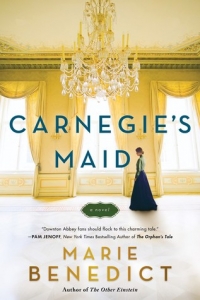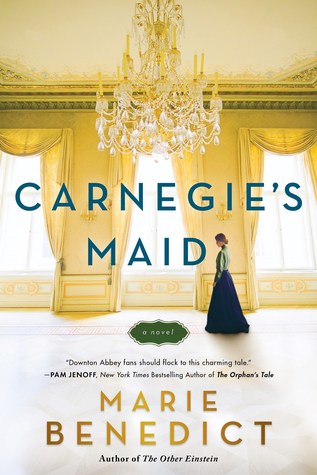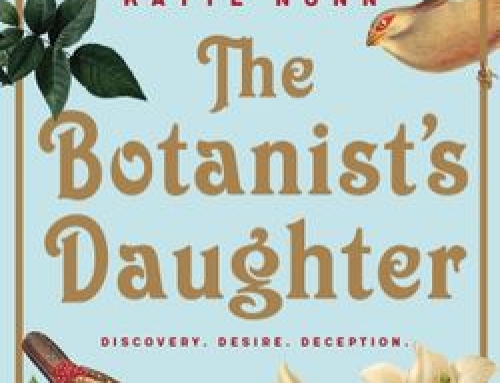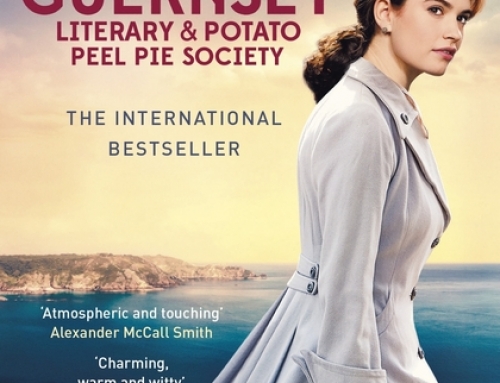Historical fiction is a bit of a guilty pleasure of mine. I know it is not to everyone’s taste. Even history buffs often complain when novelists invent side stories or speculate about unrecorded conversations.
I just love it because there are so many questions that cannot be answered by a straight analysis of the evidence.
In Carnegie’s Maid, Marie Benedict has created a backstory that it was forbidden love which lead to Andrew Carnegie becoming one of the world’s first great philanthropist.

Clara Kelly travels to America in an attempt to save her family from starvation in Ireland. She impulsively accepts a position in the Carnegie household when she is mistaken for a lady’s maid by the same name travelling from Ireland. Andrew Carnegie’s mother, being “new money”, does not recognise Clara’s lack of experience and quickly befriends the bright and sweet tempered young woman.
Andrew Carnegie is quick to recognise a kindred spirit in Clara. Perhaps some level of belief suspension is necessary to accept that Carnegie would listen to a lady’s maid for business advice but ignore her cries for conscience. However, I got lost in the story. It is a lovely concept after all even if Clara and Carnegie’s romance is far from a fairy tale.
Ultimately we will never know why Andrew Carnegie was, for the first part of his life, a ruthless capitalist and then a generous benefactor in later life. An unconventional relationship like the one of Benedict’s invention is as plausible as any other explanation.






